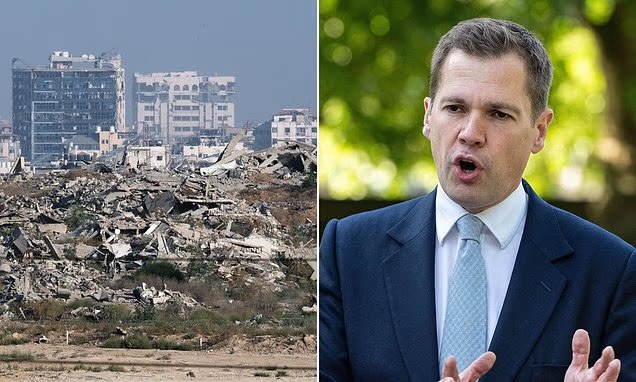Prime Minister Sir Keir Starmer’s decision to recognise a Palestinian state has ignited a storm of controversy at home and abroad, with critics warning it could expose Britain to reparations claims of more than £2 trillion.
Starmer has said the UK will move ahead with recognition — expected to be announced at the United Nations this week — unless Israel agrees to a Gaza ceasefire and revives prospects for a two-state solution.
Legal experts warn that Palestine could seek massive compensation for land allegedly taken during Britain’s administration of the territory from 1917 to 1948. Palestinian Authority President Mahmoud Abbas has previously threatened to sue the UK, and is now demanding reparations “in accordance with international law.” Some experts have suggested that £2 trillion — equal to the size of the British economy — is a starting figure. A campaign group, Britain Owes Palestine, has also called for an official apology and reparations for what it described as “war crimes” committed under British rule.
The move has drawn outrage from families of hostages still held by Hamas after the October 7 attacks. In an open letter to Starmer, relatives said the recognition had “dramatically complicated” rescue efforts, emboldened Hamas, and jeopardised negotiations. One family member, Ilay David, whose brother was seen starving in a Hamas video, said: “Giving this recognition is like telling Hamas: you can keep starving the hostages and using them as human shields.”
In Washington, US officials have described the move as carrying “disastrous consequences,” while Republican leaders warned it “sets a dangerous precedent” by rewarding terrorism over diplomacy.
The backlash within the UK has been fierce. Tory leader Kemi Badenoch condemned the decision as “rewarding terrorism.” Nigel Farage called it “a surrender to terrorism and a betrayal of Israel.” Former Home Secretary Priti Patel dismissed government sanctions on Hamas as a “feeble last-minute attempt” to appease Washington. Robert Jenrick, Tory justice spokesman, branded potential reparations “ahistorical nonsense” and compared them to the £35 billion “Chagos surrender,” warning that international courts could use it as precedent.
The debate has also drawn attention to Lord Richard Hermer KC, the government’s chief legal adviser, who previously assisted nations seeking reparations for slavery. Critics say his background undermines Britain’s position, though government spokespeople defended him, stressing that lawyers represent a wide range of clients regardless of personal beliefs.
Starmer insists that recognising Palestine is a step towards peace and a two-state solution, but critics argue the decision risks empowering Hamas, destabilising UK foreign relations, and saddling Britain with unprecedented financial liabilities.



